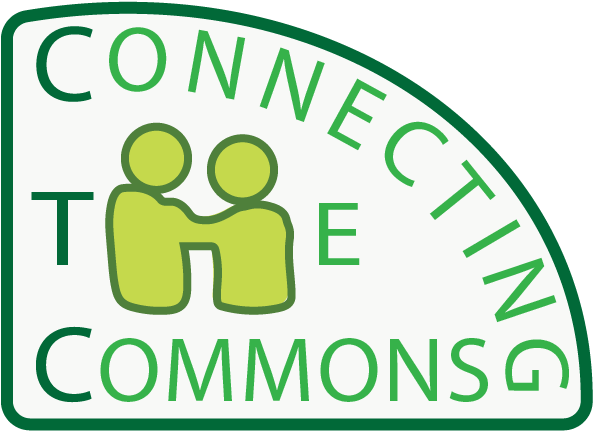
This is about gardening
The ongoing Covid-19 pandemic from the end of 2019 to the present shows that “money is an illusion, rice and fish is reality.” Some ethnic groups, such as the Chao Lay inhabiting the Andaman Sea coast, including the Urak Wei, Rawai, Morglan and Moken, are facing a shortage of rice when the Covid-19 epidemic occurred, so it was more difficult for them to buy rice because of the locked down country. In that case, they could not sell fish to buy rice. Fortunately, they were able to cooperate with Karen rice-farmers, in particular from the network of the Northern Development Foundation to exchange rice that they had farmed for fish from the Chao Lay in the South. Therefore, from creative responses to multiple crises emerged the project “rice from farmers in exchange for fish from the Chao Lay.”

“We intend to use this project to communicate to the outside community, acknowledged that fisherfolk and Karen’s lifestyle in harmony with nature is our maintained cultural highlights, and then declared the oppression of these ethnic groups. In that case, we believe that our problems will be solved, and we can take pride in the protection of our community land, transmitted to the following young generation.”
Wittawat Tepsong (Moken fisherfolk)
“This project presents the concerned value of our folkway, and we are more proud of our cultural way. We need to maintain this, particularly in the Covid-19 pandemic; we can realize how our local wisdom, such as fish processing is useful and valuable. This project is a knowledge that exists for a long time, and we should keep it forever in the community.”
Jam (Rawai fisherfolk)
For Fishermen and Karen people, the (fish – rice) barter project is not a new activity, but this is a scale-up existing activity held at the first time in 2014 at Bodhivijjalaya College, Maesot Amphoe, Tak. This activity is one of the ongoing activities in the annual indigenous festival in Thailand to connect the friendly relationship between indigenous fisherfolk and other indigenous groups in many regions of Thailand. Therefore, this activity is maintained continuously to illustrate these unique communities, which lacked representation and acknowledgment from society, and they have been subject to violations of their traditional lands, identities, ways of life, and fundamental rights for centuries.
“The (fish – rice) Barter project is the presentation of their cultural uniqueness in exchanging process to connect between Fishermen and Karen people to increase the acknowledge of society in their oppressed problems for a long time.”

This project has aimed to solve both the famine during the outbreak of Covid-19 and increase cultural awareness and inclusivity for both ethnic groups to find solutions to these prolonging problems. However, a significant gap between formal recognition and actual implementation continues to exist. They firmly believe that the rice-fish barter project will continue to take pride in their uniqueness and maintain human dignity.
“What I would like to leave from the Rice and fish Exchange Project is These marginalized people are uttering something to be more aware of them. Suppose they were ignored and left behind in the capitalist world. These people are more suffer, and they are dying and disappearing. In the end, self-sufficient villages probably will not find anymore, or all of them may become laborers, and then knowledge resources that can continue are not left in the next generation. Today, the powerless villagers are fighting with the strong system that exploits them in every aspect of life, comparing this to the struggle of an orphan, a widow, a voiceless person. There was no way they could stand if the state structure does not help or were aware of him. So, This project aimed to ask for help from each other, to preserve their local wisdom and way of life. If the state does not understand or does not give it a chance, it is even worse. Capitalists will come to take advantage. Moreover, finally, all of their life and soul will also disappear.”
Siwakorn Odechao (Karen people at Nong Tao Community)
In addition, the (fish – rice) Barter project is the model for connecting the relationship among two ethnic groups in the southern and northern of Thailand to represent their movement and how they help one another. Although this project cannot operate in sustainable terms, it can promote their unique way of life by exchanging processes and supporting the local people to acknowledge their value wisdom from the community.
Additionally, rice and fish illustrate the information about natural resource management such as land, water, forest, sea, and food source. There has been a discussion about whether these natural resources can distribute pretty. If it concentrates on some people groups, people will suffer, especially poor or marginalized people. Hence, the subsistence system in the community is significant for them to sustain their life in the crisis, but they face challenges in terms of collaboration with the government due to different beliefs, experiences, and untrusty. They expected that this project would diminish the gap between them and collaborate to find a solution efficiently and conserve their traditional land and way of life to the following generation.




